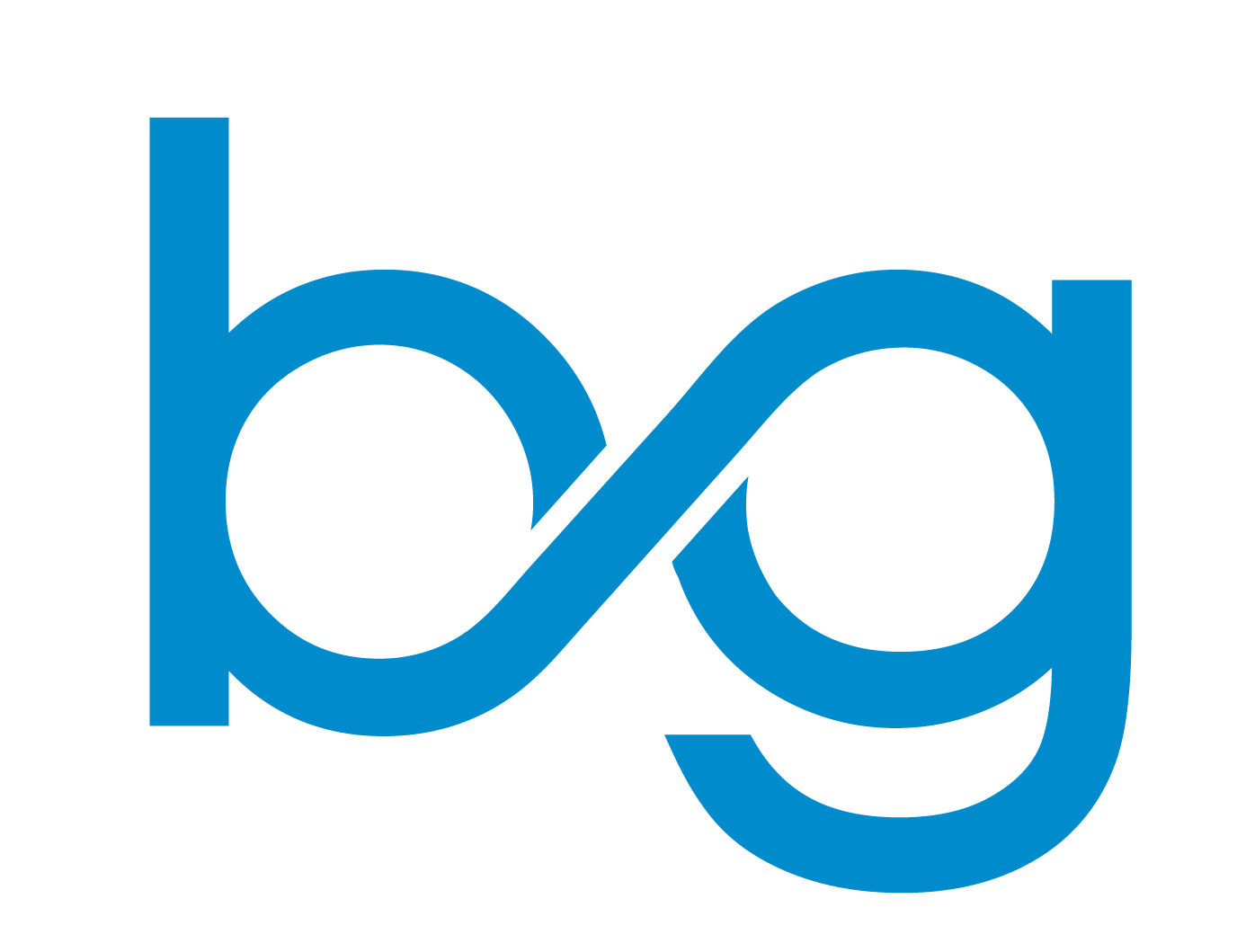Probate is the legal process that allows the assets of the person who has died to be dealt with under the terms of their Will and it results in a “Grant of Probate” document. If there is no Will, the process is longer, and the document is not called Probate but “Letters of Administration”.
The assets comprise of the deceased’s money, property and possessions; these are the “asset” part of the deceased’s Estate. If a person has left a Will it is the Executor of that Will who can apply for a Grant of Probate. If there is no Will the next of kin can apply for Letters of Administration. Probate or Letters of Administration are usually required when the person who has died owned property in their own name, or if a financial institution, such as a bank, require the document due to the value of the asset held.
Most estates have at least one debt, which is the cost of the funeral. This can usually be paid immediately, from the deceased’s bank account.
However, when someone dies and has other debts these debts then become liabilities of the Estate. It is the responsibility of the Executor or the next of kin to settle all debts from the Estate before paying funds to beneficiaries. If the debt is jointly held, it will most likely pass to the surviving party. (A mortgage is a typical example of a jointly owned debt; therefore it is important to check if the deceased had any life insurance policies in place, as these may be linked to the mortgage).
It is also important for the Executor or next of kin to look through the deceased’s documentation to account for all assets and liabilities, such as credit card debts or unpaid invoices. In some circumstances, it may be necessary to place an advertisement in local newspapers, inviting creditors to prove their claim. The Executor or next of kin can then protect themselves because they have proof that they attempted to locate any unknown debts.
All liabilities of the Estate must be settled before any distributions can be made from the Estate to the beneficiaries.
If a deceased person does not have enough assets in the Estate to cover liabilities, the estate is “insolvent” and the creditors must be paid proportionately with whatever funds are available. The debts would not be inherited by a person who did not already hold them jointly. People often worry that they can “inherit debt”, but this is not possible if they were not already a party to it.

Saira Baig, Wills & Probate Solicitor
Quick Contact
Grimsby
- 01472 240 251
Louth
- 01507 600 610
Scunthorpe
- 01724 847 888
Barton
- 01652 632 215















